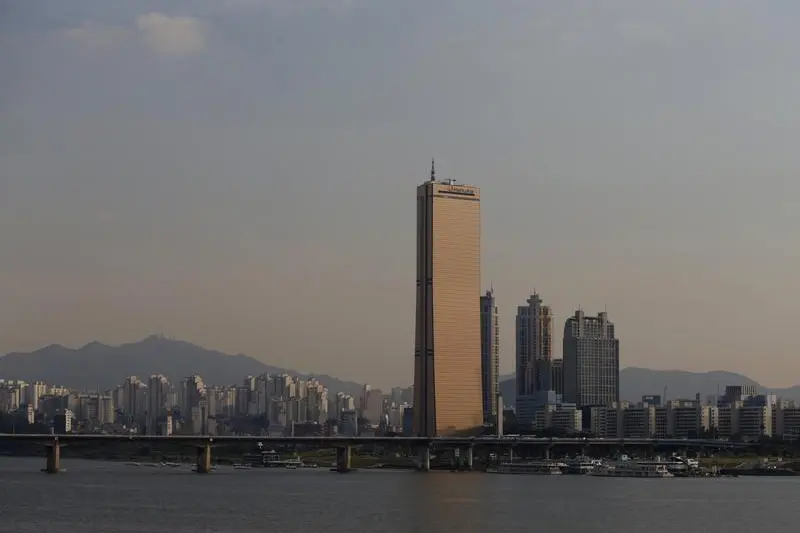PHOTO
SAN FRANCISCO - South Korean video surveillance provider Hanwha Techwin stands to gain the most from the U.S. blacklisting of China's Hikvision and Dahua, an industry expert and insider said, as rivals sit poised to snatch share from the besieged market leaders.
Hanwha Techwin is a subsidiary of Hanwha AeroSpace Co Ltd, whose share price rose more than 4% following news on Monday that the United States barred 28 Chinese entities from buying components from U.S. firms without government approval.
The blacklisting ratchets up Washington's scrutiny of Chinese companies after similar action on top telecommunications equipment maker Huawei Technologies Co Ltd, intensifying tension with Beijing just as the two governments are locked in a trade war that is shaking the global economy.
Hangzhou Hikvision Digital Technology Co Ltd and Zhejiang Dahua Technology Co Ltd have already seen U.S. sales drop since they were barred from federal contracts earlier this year, the two industry people told Reuters.
John Honovich, founder of U.S.-based video surveillance researcher IPVM, said Hanwha Techwin should benefit the most from the latest U.S. action, taken in response to what Washington called human rights violations by Beijing.
"They're a South Korean company with low-cost but relatively high-quality products, and so they're the biggest alternative to Dahua and Hikvision," Honovich said.
Hikvision calls itself the world's biggest manufacturer in a video surveillance market that Allied Market Research estimates to be worth $87.36 billion by 2025, three times its 2017 value.
However, a former Hikvision employee said the company will face problems globally if it can no longer source artificial intelligence vision processors from Ambarella Inc AMBA.O .
Shares of Ambarella, whose U.S. regulatory filings showed it is registered in the Cayman Islands but headquartered in Santa Clara, California, fell around 12% in Monday after-hours trade.
"Almost all Hikvision products use Ambarella chips. So that would crush them," said the former employee on condition of anonymity, explaining that changing a product's chips could halt production and give rivals a chance to take market share.
Ambarella did not respond to a request for comment outside of regular business hours.
Representatives of Hanwha Techwin did not respond to requests for comment and previously declined to discuss how Hikvision's circumstances were affecting its U.S. business.
Last year it said the bulk of its products were made domestically and in Vietnam, and that none of its products for North American markets came from China.
LAYOFFS
Honovich said other likely beneficiaries of the blacklisting were Motorola Solutions Inc MSI.N unit Avigilon and Sweden's Axis, owned by Japan's Canon Inc 7751.T .
Neither Avigilon nor Axis responded to requests for comment.
Motorola Solutions in its second-quarter earnings call with analysts in August said it saw upside from the earlier federal contracting ban, part of the National Defense Authorization Act (NDAA).
"The sales cycle in Fed is even longer than state and local," said Gregory Brown, Motorola Solutions' chief executive officer, according to a transcript of the call. "I think we will become a beneficiary of the NDAA procurement ban for Hikvision and Dahua in the video security space, but I think that will be more likely 2020."
The former Hikvision employee said the Chinese firm laid off dozens of staff in the United States because of slumping sales in the country, with several going to Hanwha Techwin.
Hikvision did not comment on the layoffs or confirm the use of Ambarella chips.
Hikvision, which has a market value of about $42 billion, receives nearly 30% of its 50 billion yuan ($7.02 billion) in revenue from overseas, Reuters reported in August.
(Reporting by Jane Lanhee Lee; Editing by Christopher Cushing) ((jane.lee@thomsonreuters.com; +1-415-344-3912; Reuters Messaging: jane.lee.thomsonreuters@reuters.net))





















